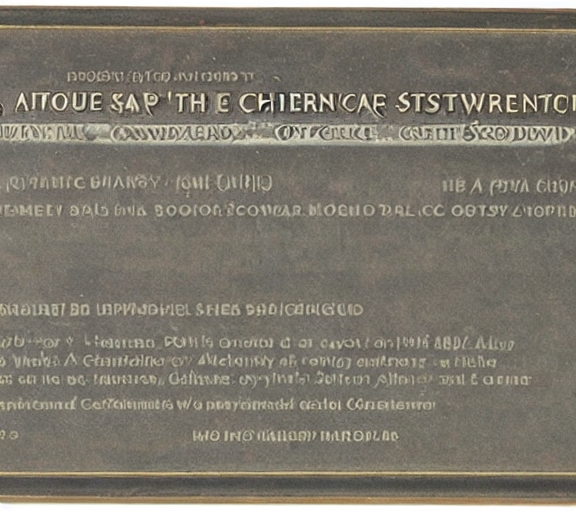
Picture of SCP-594.
Item #: SCP-594
Object Class: Euclid
Special Containment Procedures: Foundation security officers are to be stationed at the door of all stores which stock SCP-594. Agents may only purchase SCP-594 in such stores, and must show identification, with the intent to use said product. No other sales are allowed. The Foundation is to provide free samples of a non-anomalous and historically popular brand of aftershave to any civilians whose state of health decreases their ability to properly groom themselves.
SCP-594 has been classified as an infectious biological hazard, and hence is not to be knowingly brought within a containment facility. All personnel with access to SCP-594 must wear hazmat suits and goggles. Disposal strategies for discarded SCP-594 bottles are not currently known.
Description: SCP-594 is a standard shaving cream, packaged in the normal way. Analysis of its chemical composition indicates it to have no anomalous properties.
SCP-594 has been proven to be physically active upon direct skin contact with any subject, regardless of time elapsed since use. This activity manifests itself as an intense itching sensation, followed by a rapid growth of what appears to be a small bacterial colony on the skin of the affected area for 5 minutes or so after consumption (see Incident 594-1). Testing of this effect has shown that SCP-594 does not cause any more bacterial infections than conventional brands of shaving cream.
Addendum: Incident 594-1:
On 03/11/2001, Agent T.B. was sent to retrieve a few travel razors and shaving cream from a ████ store in ████, █████, which had sold SCP-594 to the agent. The subject was unable to find the items, despite several minutes of searching of the store. Agent T.B.'s skin had an unusual rash around the area where he had previously clipped his hair. He was found two days later, dead in his home, having suffered from a severe bacterial infection. Autopsy showed an unusually large amount of bacterium in the subject's stomach, and an increased rate of bacterial growth on tissue samples taken for testing. The bacteria in the subject's stomach did not match any known species.